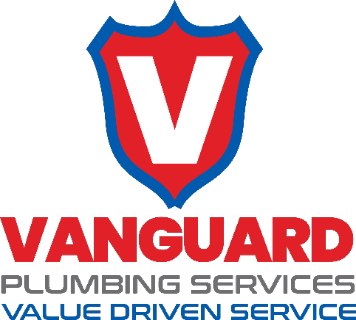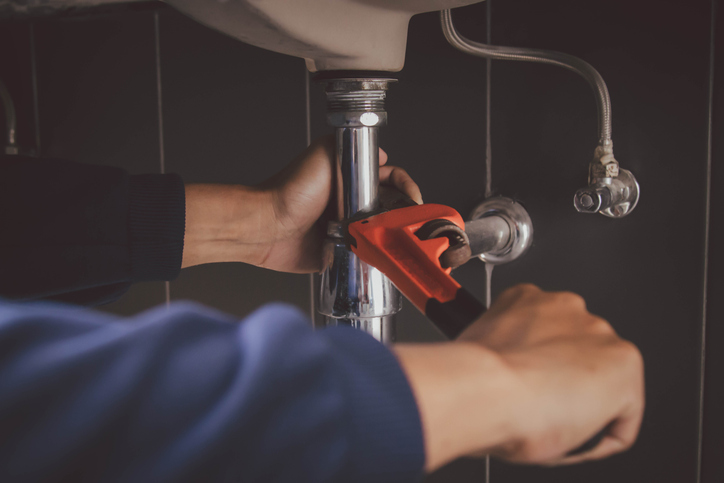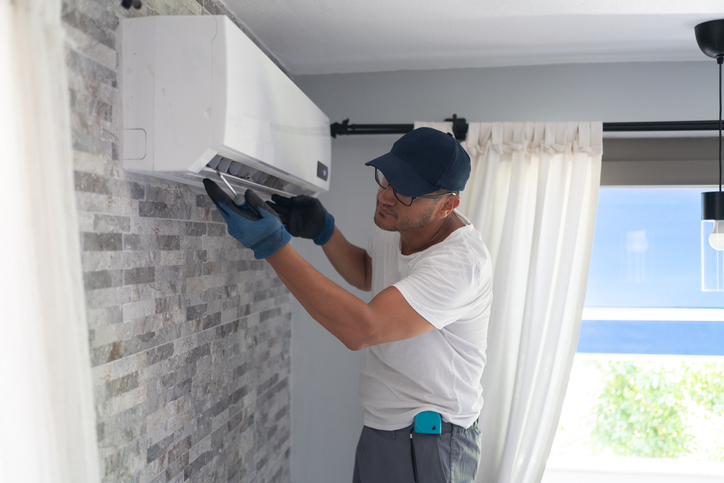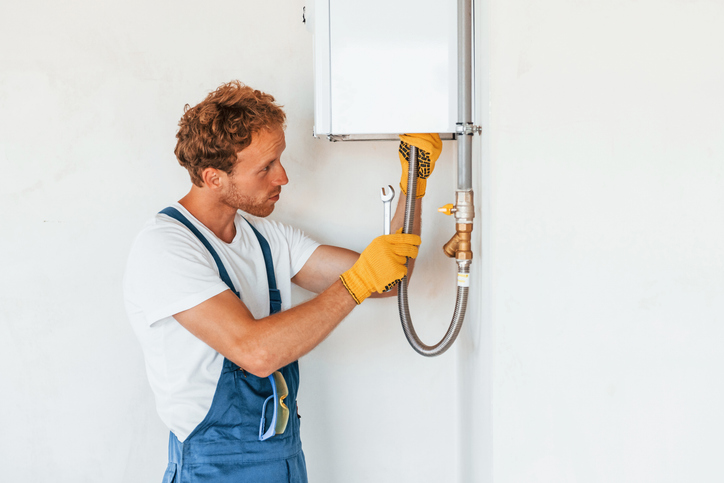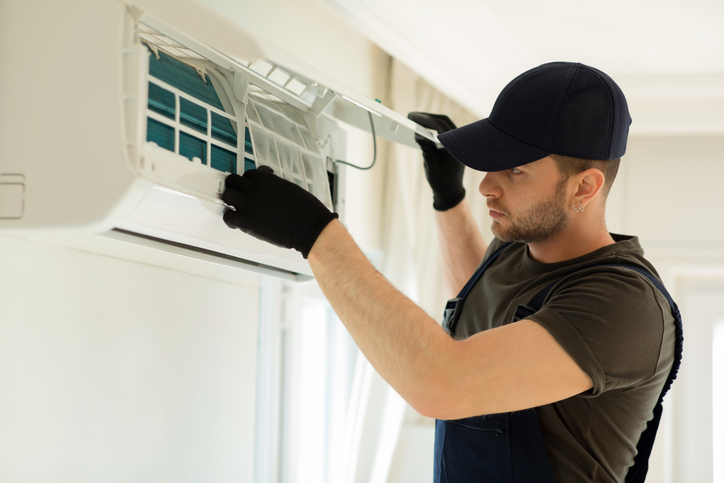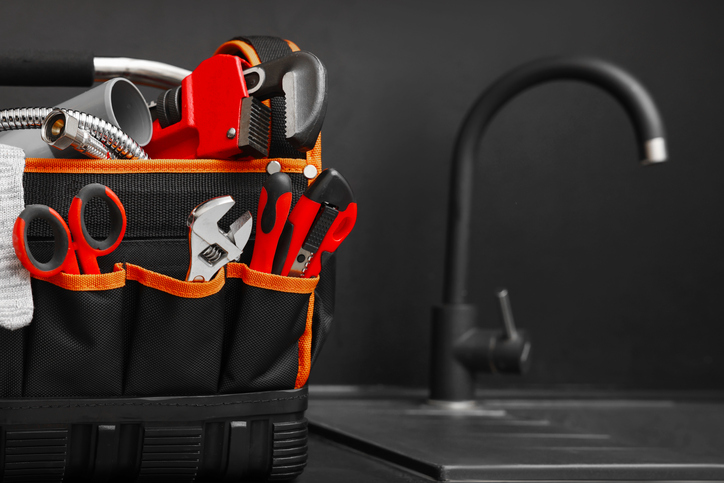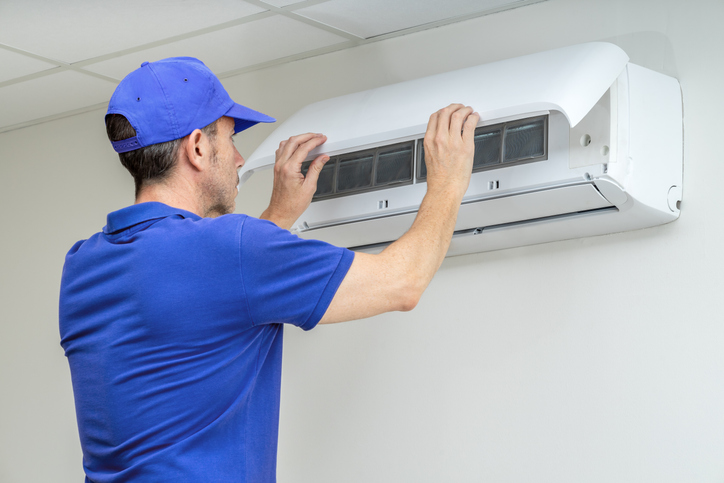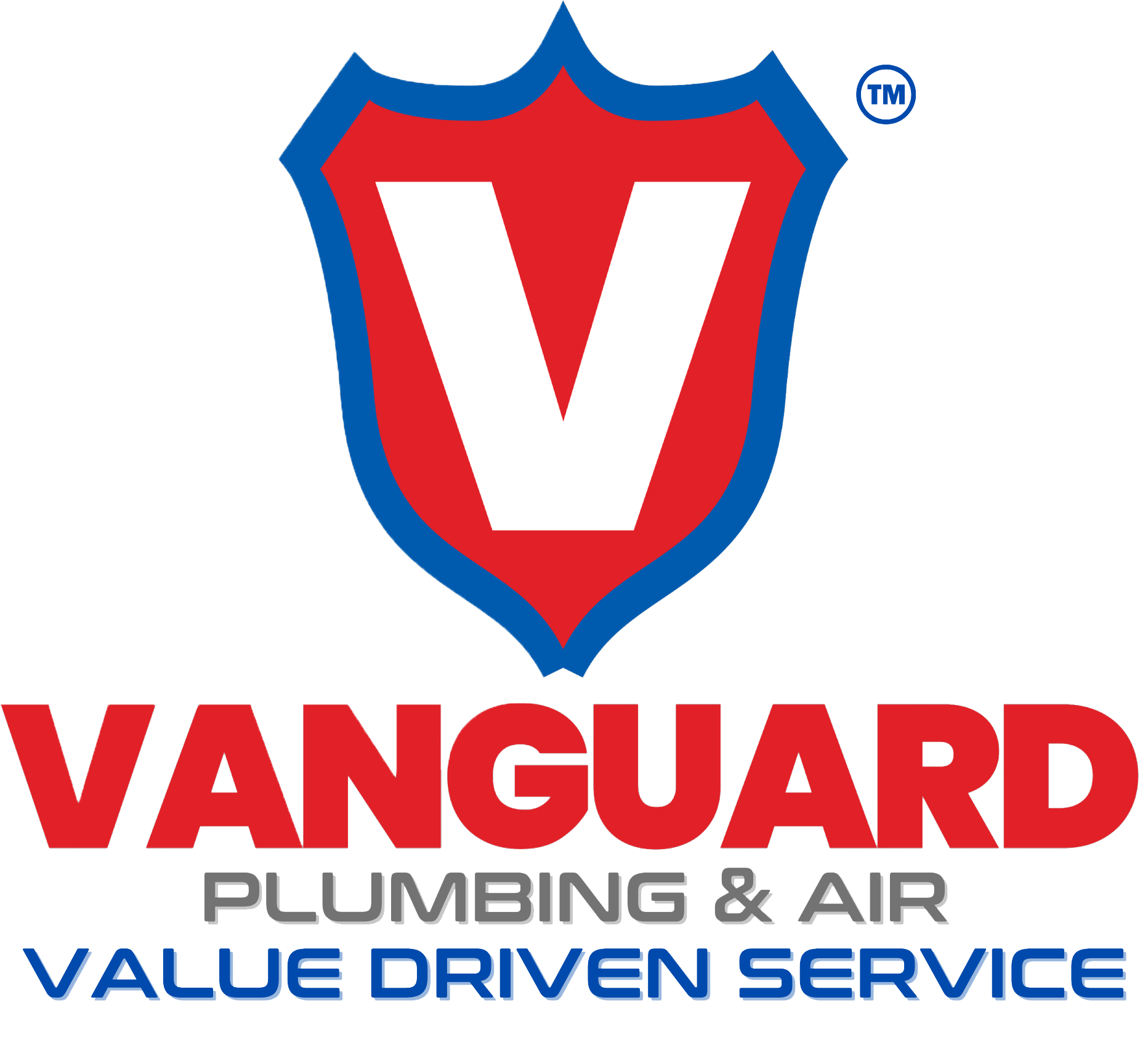Water pressure plays a critical role in your home’s functionality and comfort. From powerful showers and quickly filling bathtubs to efficient dishwashers and washing machines, optimal water pressure ensures smooth and reliable performance. Dripping faucets, slow water flow, or weak shower streams can indicate more than just inconvenience—they may point to deeper plumbing issues that require professional attention. A certified plumber brings technical knowledge and tools to identify these hidden problems and implement long-lasting solutions.
1. Conducting a Thorough Plumbing Inspection to Identify the Problem
The journey to better water pressure begins with a detailed plumbing assessment. Experts are trained to identify a wide range of causes that can hinder water flow. These can include partial clogs, worn-out fixtures, pressure valve malfunctions, or even municipal supply issues. Using advanced diagnostic tools like pressure gauges, video pipe inspection cameras, and flow meters, experts can pinpoint the exact source of the pressure problem. This step is crucial because water pressure issues are often symptoms of larger concerns, such as leaks or corrosion. Instead of guessing, they rely on measurable data to guide their repairs. This precise approach not only saves time but also prevents unnecessary work or replacement of functioning components.
2. Checking and Adjusting the Pressure Regulator Valve (PRV)
Many homes are equipped with a pressure-reducing valve (PRV), which regulates the amount of pressure entering your plumbing system from the municipal supply. If this valve becomes faulty or is improperly set, it can drastically lower your water pressure without any visible signs. A licensed professional will test the PRV using a pressure gauge to determine if it’s working correctly. If the valve is stuck, clogged, or deteriorated, they can clean, reset, or replace it. Adjusting this component can result in an immediate improvement in water pressure. Without a properly functioning PRV, your system may remain inefficient, regardless of other repairs.
3. Flushing Out Mineral Deposits and Internal Pipe Buildup
Homes in areas with hard water are especially prone to mineral accumulation inside pipes and fixtures. Over time, calcium and magnesium deposits constrict the inner diameter of pipes, reducing water flow and pressure. Older galvanized steel or iron pipes are particularly susceptible to internal scaling and corrosion. A plumbing technician can restore pressure by removing these buildups. Depending on the severity, they may flush the pipes, use hydrojetting to blast out debris, or replace segments that are beyond repair. Restoring pipe width improves water flow and helps appliances like dishwashers and washing machines run more efficiently. This step is particularly important in older homes that haven’t undergone recent plumbing upgrades.
4. Upgrading to Modern, High-Flow Plumbing Materials
Outdated plumbing systems often use small-diameter or corrosion-prone materials, such as galvanized steel or polybutylene. These pipes not only restrict water flow but can also develop pinhole leaks or corrode from the inside out. They can recommend switching to modern options like PEX (cross-linked polyethylene) or copper, which are more durable, flexible, and capable of handling higher flow rates. Upgrading the pipes might also involve resizing the main water supply line to meet the demands of a modern household better. Homes that have added bathrooms, larger appliances, or irrigation systems often outgrow their original plumbing capacity. A professional plumbing personnel ensures that your entire system—from the main supply to the faucet—is properly designed for current and future needs.
5. Detecting and Repairing Hidden Water Leaks
A common but often unnoticed reason for poor water pressure is a hidden leak somewhere in the system. Leaking pipes can siphon off significant amounts of water before it reaches your fixtures. These leaks often occur under slabs, inside walls, or underground, where they aren’t immediately visible. Experts use advanced leak detection methods such as infrared thermography, acoustic sensors, and pressure testing to locate these issues without causing unnecessary damage. Once identified, they can isolate and repair the leaks efficiently. Fixing these not only improves water pressure but also prevents property damage, mold growth, and increased utility bills.
6. Replacing Worn-Out Fixtures and Aerators
Sometimes, the problem isn’t in the pipes but at the point of delivery. Old faucets, showerheads, or aerators may become clogged with sediment or wear down, leading to reduced water output. A plumbing technician inspects these fixtures and replaces them with newer, more efficient models if necessary. Modern fixtures often come with adjustable flow settings and water-saving technology that doesn’t compromise pressure. By upgrading to high-performance fixtures, you get better water flow without unnecessary waste—an important consideration for eco-conscious homeowners.
8. Coordinating with Municipal Supply When Needed
Occasionally, the issue may not lie within your homl. If your neighborhood is experiencing water pressure issues due to supply line problems, aging municipal infrastructure, or temporary work, an expert can help you confirm the source. They may work with your local water provider to troubleshoot external factors and install a booster pump if your home consistently receives low pressure from the main line.
Low water pressure can be frustrating and disruptive, but it doesn’t have to be permanent. A licensed plumber has the tools and experience to evaluate your plumbing system, diagnose issues accurately, and recommend tailored solutions. Whether it involves flushing sediment, adjusting your PRV, upgrading pipes, or repairing leaks, a comprehensive approach leads to measurable, long-term improvements. Improving water pressure boosts your daily comfort, extends the life of plumbing fixtures, and increases home value. Don’t let poor flow affect your quality of life. Trust a professional plumbing expert to restore your system and keep your water flowing strong. With the right help, even a home with long-standing water pressure issues can enjoy a noticeable upgrade in performance and convenience.
Are you struggling with low water pressure? Trust a professional Plumber from Vanguard Plumbing Services to restore strong flow. Call us at 863-271-7988 today for expert solutions that keep your home running smoothly.

